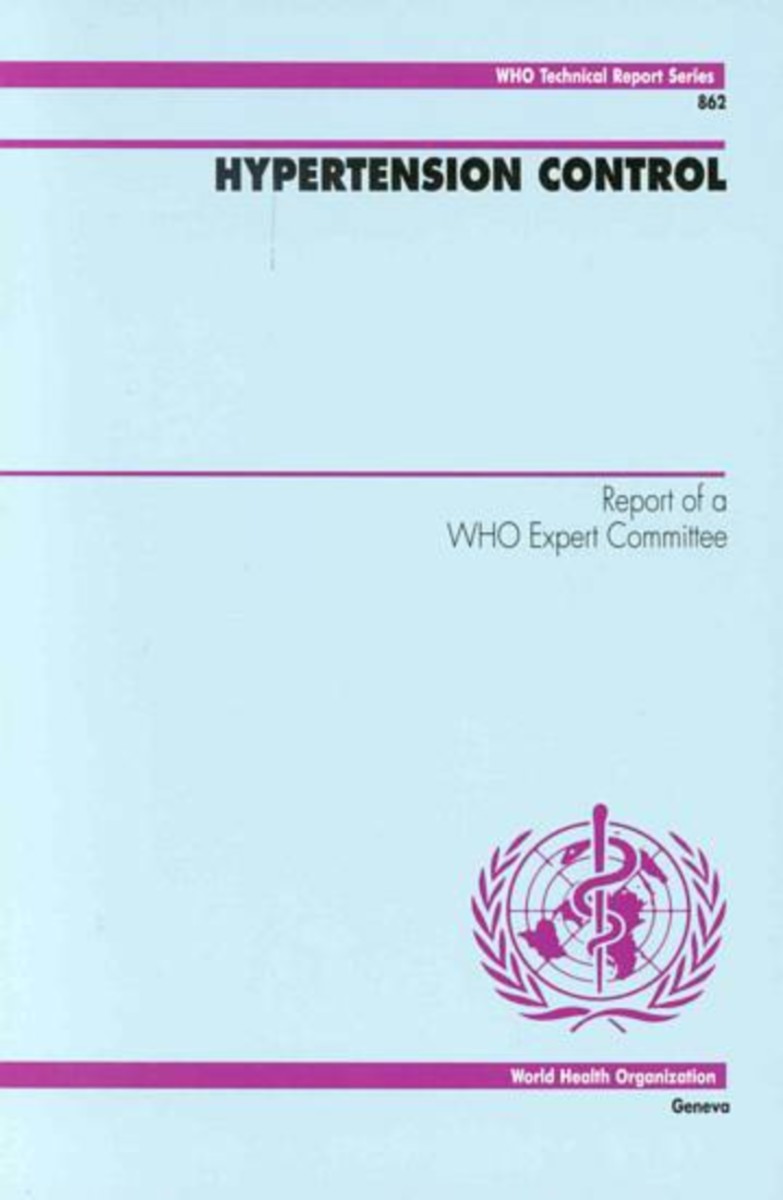- Publisher
World Health Organization - Published
1st April 1996 - ISBN 9789241208628
- Language English
- Pages 89 pp.
- Size 6.25" x 9.5"
A state-of-the-art review of research findings that contribute to an understanding of hypertension and the best measures for its prevention and control, whether in individual patients or entire populations. Noting that elevated blood pressure is a massive health problem in almost every country, the report argues that programs for hypertension control should be an integral part of all national health care systems. With this goal in mind, the report aims to help policy makers appreciate the significance and complexities of hypertension, understand the options available for control and then select the most appropriate mix of interventions. Details range from recommended procedures for obtaining an accurate assessment of blood pressure through advice on the best drugs for first-line treatment of hypertensive patients to a discussion of ways to educate populations about relevant lifestyle changes Throughout the report, population-based and individual approaches are presented as complementary, synergistic strategies for hypertension control. To assist physicians as well as policy makers, the report includes abundant recommendations based on the best scientific evidence for the management of different patient groups. A section on the clinical assessment of the hypertensive patient explains the components of a coherent step-wise diagnostic process involving history taking physical examination and laboratory investigation. Included are an assessment of the most suitable drugs for first-line treatment and guidelines for developing management plans for mild hypertension, moderate and severe hypertension, resistant hypertension and hypertensive emergencies. In view of the need to assure that scarce resources are invested wisely, the report also discusses and compares the cost-effectiveness of different management strategies.
World Health Organization
World Health Organization is a Specialized Agency of the United Nations, charged to act as the world's directing and coordinating authority on questions of human health. It is responsible for providing leadership on global health matters, shaping the health research agenda, setting norms and standards, articulating evidence-based policy options, providing technical support to countries, and monitoring and assessing health trends.


